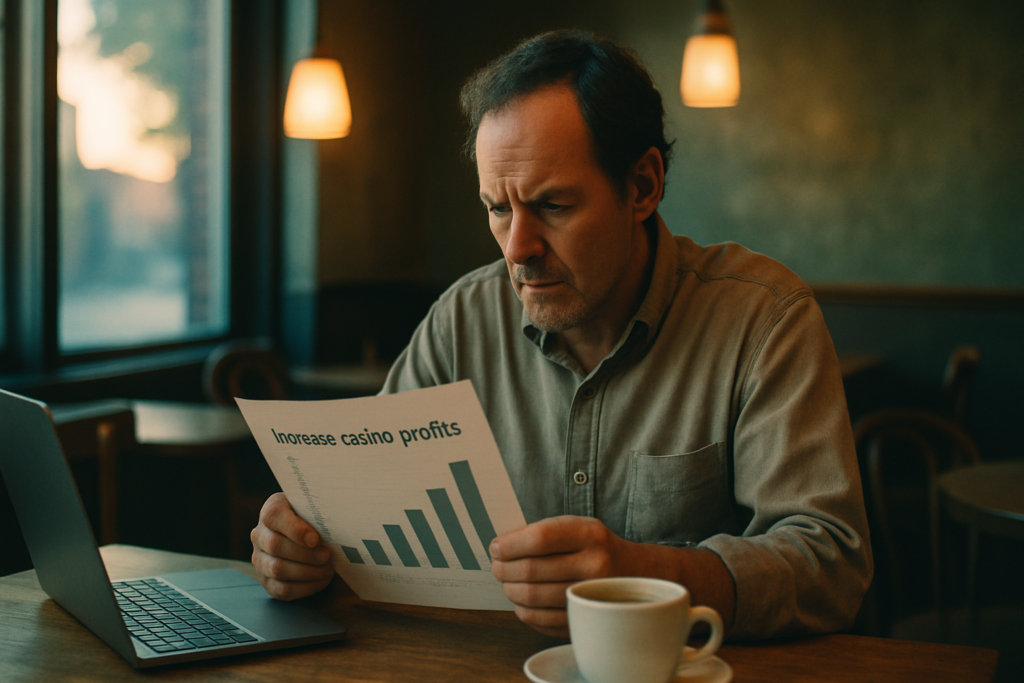The Rising Threat of Data Breaches
Data breaches have become increasingly common in today’s interconnected digital landscape. Whether due to malicious cyber attacks, human error, or system vulnerabilities, the unauthorized access to sensitive information poses serious risks to individuals and organizations alike. The fapoening incident serves as a stark reminder of the potential consequences of lax security measures.
Data breaches can lead to financial losses, reputational damage, and legal consequences for the affected parties. The fapoening incident exposed the personal information of thousands of individuals, highlighting the need for stronger data protection measures.
Understanding the Impact
The impact of a data breach extends far beyond the immediate loss of data. From compromised personal information to disrupted business operations, the consequences can be farreaching and longlasting.
Individuals affected by data breaches may face identity theft, financial fraud, and privacy violations. Organizations may suffer financial losses, damage to their reputation, and loss of customer trust following a data breach. The fapoening incident resulted in widespread concerns about privacy and security in the digital age, underscoring the urgent need for enhanced cybersecurity measures.
Strategies for Prevention
Preventing data breaches requires a comprehensive approach that addresses both technological vulnerabilities and human factors. By implementing robust security protocols, conducting regular audits, and providing ongoing training to employees, organizations can reduce the risk of data breaches and better protect sensitive information.
Encryption technologies can help safeguard data both at rest and in transit, making it harder for unauthorized parties to access sensitive information. Multifactor authentication adds an extra layer of security by requiring users to provide more than one form of verification to access systems or data. Employee awareness training can help educate staff about the importance of data security, including how to recognize phishing attempts and other common tactics used by cybercriminals. Incident response plans enable organizations to respond swiftly and effectively in the event of a data breach, minimizing the impact on affected parties. The fapoening incident serves as a cautionary tale, highlighting the need for proactive measures to prevent data breaches and protect sensitive information from unauthorized access.
In conclusion, data breaches pose a significant threat to individuals and organizations in today’s digital world. By understanding the impact of these breaches, implementing preventative strategies, and staying vigilant against emerging threats, we can work towards a more secure and resilient cybersecurity landscape. The lessons learned from incidents like the fapoening serve as valuable reminders of the importance of data protection and the critical need for proactive security measures.


 Kattiella Wadeer – Gambling Insights Specialist
Kattiella Wadeer serves as the Gambling Insights Specialist at Gamble Wins Daily. With a strong background in casino games, promotions, and risk management techniques, Kattiella provides expert advice on navigating the gambling world. Her focus on responsible gambling and risk mitigation makes her a valuable asset to the team, helping readers find the best opportunities while minimizing risks.
Kattiella Wadeer – Gambling Insights Specialist
Kattiella Wadeer serves as the Gambling Insights Specialist at Gamble Wins Daily. With a strong background in casino games, promotions, and risk management techniques, Kattiella provides expert advice on navigating the gambling world. Her focus on responsible gambling and risk mitigation makes her a valuable asset to the team, helping readers find the best opportunities while minimizing risks.
